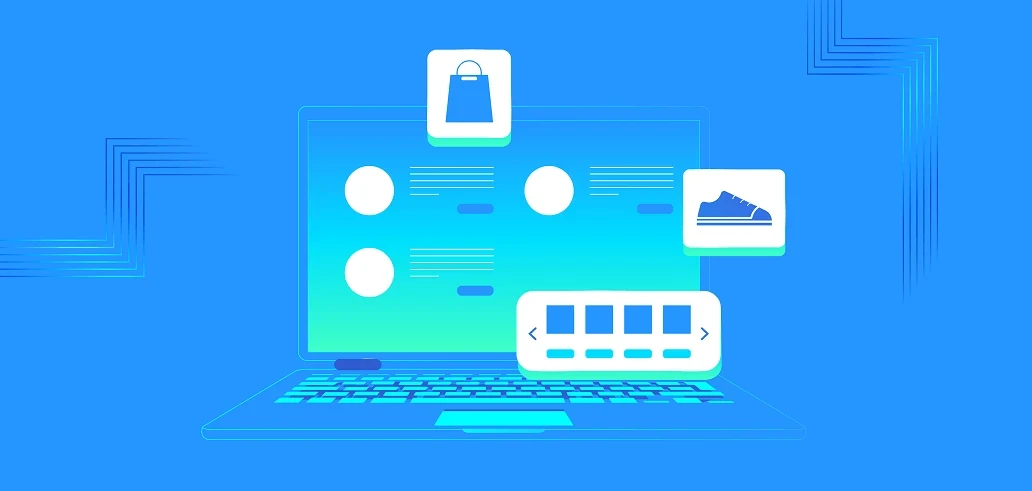Advanced web data collection trends in 2025: Dexodata’s picks

Contents of article:
- What is data collection: Dexodata sums up the online defense history
- Top 2025 scraping trends
- Advanced web data collection procedure
- Handling popular web data collection challenges in 2025
- Why collect web data with Dexodata?
Scraping has become crucial for AI models’ development in addition to common SEO, market research, ad verification, SMM, and other ethical purposes. This means not only a raised demand for services of trusted proxy websites, such as Dexodata, in 2025, but also new obstacles and trends in web data collection. Our ecosystem for extracting online insights at scale offers you a summary on data innovative AI-assisted scraping techniques, and the practical future of residential proxy vs. datacenter proxy options.
What is data collection: Dexodata sums up the online defense history
Procedures of gaining crucial information in an automated way can be seen as ways for bypassing the obstacles created by online target sources. Web data collection is a complex of methods to access data in this regard. Among the scraping-simplifiers are 5G residential proxy pools, headless browsers, and human-mimicking scripts. As shown by the proxies’ history, the future development of any technology implies its sophistication and diversification. The same is true for sites’ modules which detect robotic activity.
The evolution of defensive measures of online platforms went as follows:
| Stage | Bot detection technique | Description | Most suitable proxies |
| Early systems | None | Free crawling allowed. | No need. |
| Intermediate | JavaScript-based detection |
|
Applying datacenter proxies is the best solution. |
| Sophisticated |
IP reputation management
|
|
Opt for rotating proxies. Free trial is advised to check dynamic IP change accuracy and methods. |
| Advanced | Digital fingerprinting |
|
High-trusted mobile intermediate IPs with TCP and TLS encryption. |
The increase in security measures has driven a need for enhanced detection evasion strategies and a trusted proxy website to leverage in 2025.
Top 2025 scraping trends
The following tendencies and technologies will shape the future of advanced web data collection:
- Browser advancements: local user identifiers’ storage and session tracking.
- Behavioral machine learning: AI-driven models create patterns to recognize scraping robots according to their browsing behavior. PMX, Datadome, Cloudflare, Akamai, and so on already leverage this feature.
- AI-powered info harvesting tools: Large Language Models support CAPTCHA-solving and anomaly detection.
- Demand on publicly available data: ethical considerations in online scraping strive for cheap residential IP pools from ecosystems, acting in compliance with AML and KYC policies.
- Partnerships for controlled access to online insights: retailers collaborate with officials and scraping industry’s representatives to enable regulated data access.
Advanced web data collection procedure
A mix of skills, patience, and strategy raises the chances of seamless info aggregation, which includes:
- Systematic problem-solving
- Readiness to alter strategies as failures occur
- Technical reverse expertise of digital sources
- Collaborative team spirit, with peer programming and adaptive methods’ priority.
The procedure of implementing this scraping mindset is the following:
- Start simple: initially apply the cheapest and least complex solution for web data harvesting in 2025 — the best datacenter proxies or reverse engineering through Chrome.
- Evaluate results: monitor for any target-side detections and analyze results, choosing a strategy.
- Escalate when necessary: move to enhanced browser-based unblocking, if simple ones fail:
- Reuse session ID and cookies.
- Randomize or rotate browser attributes like WebGL and TLS fingerprints.
- Emulate mouse movement, page scrolling, keyboard input for forms and search bars.
- Manage JavaScript requests through headless browsers to automate scraping pipeline.
- Document tactics: record both successful and unsuccessful approaches in detail, perform a “residential vs. datacenter proxies” comparison to build a reusable knowledge base.
Handling popular web data collection challenges in 2025
Retrieving internet data at scale and overcoming trending obstacles requires appropriate solutions:
| Issue | Description | Solution |
| Anti-bot commercialization | Widespread use of paid services (Cloudflare, Akamai) that offer SaaS solutions for automatic robots’ activity. | Prefer multi-layered unblocking tactics after testing headless browsers’ and performing a residential IP free trial. |
| Fingerprinting | Protective algorithms track device attributes, user behavior, and HTTP headers. | Form human-like cookies’ sets and packs of session tokens that mimic real users to use with antidetect browsers. |
| SSL pinning in mobile apps | Target programs accept SSL certificates only from trusted sources. |
|
| Rising scraping costs | Escalating security measures increase costs. |
To balance performance with budget:
|
Why collect web data with Dexodata
Adaptive schemes are key for adapting to advanced data collection trends in 2025. The Dexodata ecosystem will support your AI-enabled scraping scenarios. The HTTP(S) and SOCKS5 support, external IPs’ rotation through API, timer or web interface for our best datacenter proxies, 5G, and residential IPs, strict ethical compliance, VPN tunneling, and rotating proxies free trial are among reasons to use Dexodata as a reliable partner for seamless info extraction.



